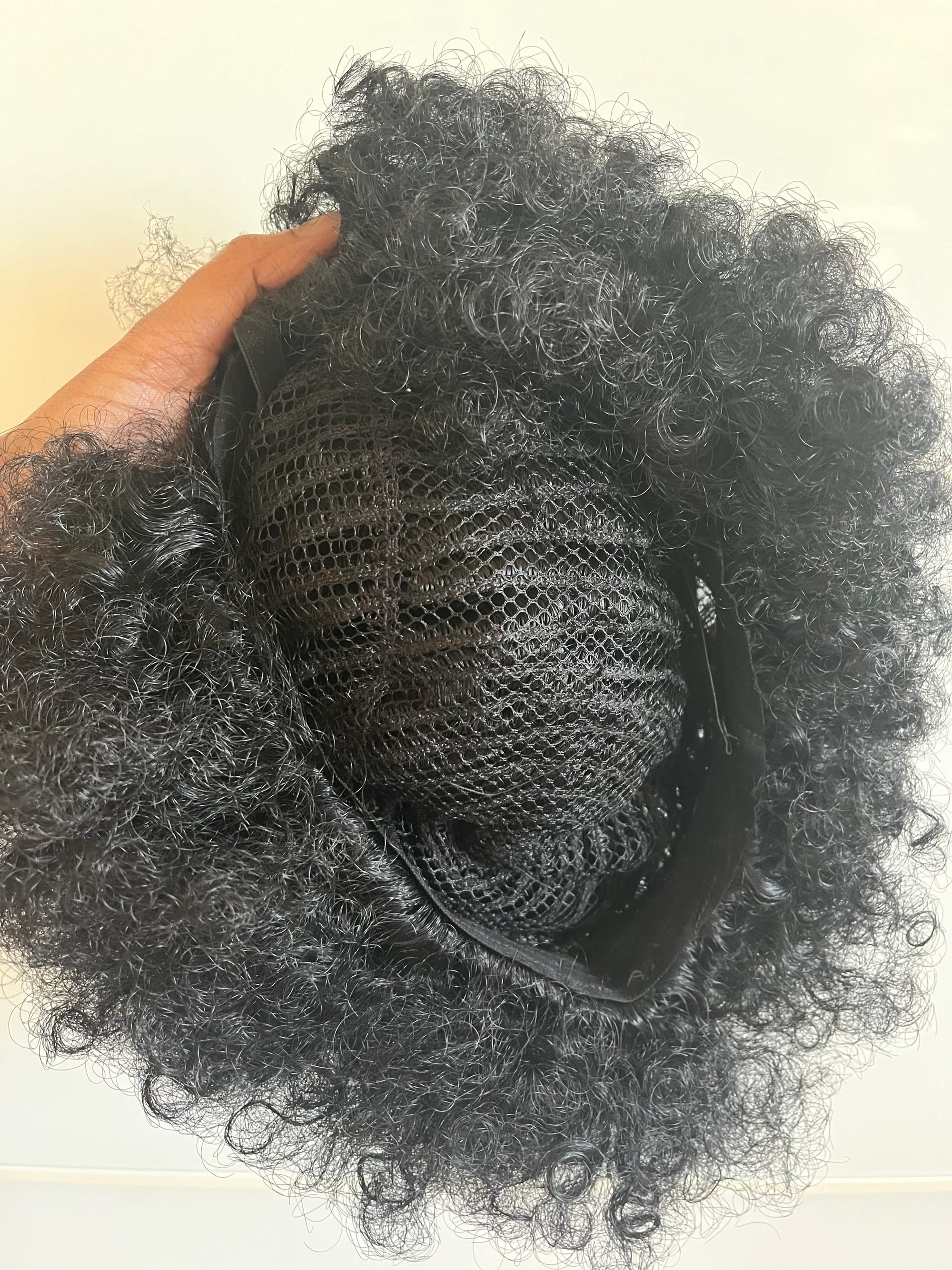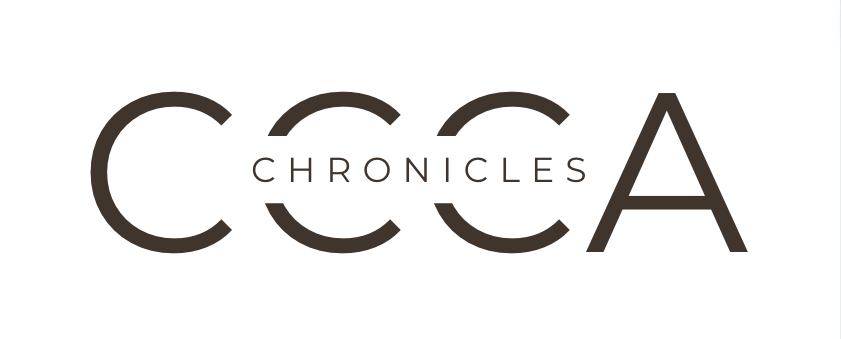Kindly stop saying this to people with CCCA, part 2
..."You can just wear a wig."

Hi there and Happy Monday! I hope your week is off to a good start. If you need to get a lot done, I hope you'll manage it all with ease. If you need to rest, I hope you can create the space to obtain as much downtime as you need.
Today's post is for folks who don't have CCCA. I'll keep this one brief but hopefully informative.
In an earlier post, I explained why it's unintentionally hurtful when a person's first response to my hair loss story is, "But you don't look like you're losing your hair." Another thing we Black women with central centrifugal cicatricial alopecia—CCCA—often hear from people is, "You can just wear a wig."
I bet 99% of people who say this desire to be helpful. Meaning, they recognize I'm distressed over losing my hair, so they offer a wig as a practical solution to my problem. But I'll be honest...those well-intentioned words don't really help.
First and foremost, if someone's been diagnosed with CCCA and they experience tenderness, itching, burning, or other forms of pain, the tension from a wig—or anything tight on the head—can worsen the discomfort. I'll illustrate what I mean: Imagine you were bitten by multiple mosquitos or fire ants on your head, or someone took hot sewing needles and stuck them in your head all at once. Can you sense what that might feel like? Now, imagine you had to put a wig like this on top of your discomforted head and wear it for hours at a time.

Can you sense how that might make your itching, burning, or tenderness worse? Well, these are examples of how other women and I describe our experience of CCCA, so you can see why a wig isn't a great solution for us.
I'll give you three more reasons why "You can just wear a wig" isn't the most helpful response:
- Quality wigs are expensive, and not every woman can afford them.
- For Black women who wear their hair natural and want to hold true to that, wigs made from natural Black hair are hard to come by, if at all.
- Some women aren't comfortable wearing human or synthetic hair on their heads. Period.
If you want to offer something more than your listening to a family member, friend, or colleague with CCCA, may I suggest a line of questioning that helps them explore (vs. dictate) their alternatives?
For example:
"I imagine this process isn't necessarily quick, and it's certainly not easy. Would it be helpful to talk through options for when your hair loss becomes (more) visible?"
Followed by...
"What are your thoughts on wearing your hair low or shaved? How does it feel when you imagine yourself with a hairstyle along these lines?"
Then...
"What's your take on wigs, headwraps, hats, and scarves? Would any of those be viable options for you?"
I hope this gives you ideas for how you might approach a conversation around hair loss solutions. What I personally like about this line of questioning is it allows women with CCCA to retain our agency by keeping us in the driver's seat in determining what we'll do and how we'll do it. At the same time, it makes us feel loved and supported because we know you're there to be a resource and a sounding board for us. That right there...in times of despair...is everything.
In gratitude,
Lisa
P.S. I appreciate you being here. If you found this newsletter helpful, please share it with others and leave me a comment. You can also visit my website to gain access to all my posts. Signup is free.
Disclaimer: I am a Black woman living with central centrifugal cicatricial alopecia who shares thoughts, stories and ideas with other Black women navigating this condition for informational purposes only. I’m not a doctor or licensed or certified professional, therefore nothing in my posts – explicit, implicit, by implication, or in reference – is intended to constitute, or be a substitute or replacement for, licensed, professional, medical care. Always seek the advice of your dermatologist or other qualified medical provider with any questions you have regarding your health, CCCA, and treatments for CCCA, be they medical or otherwise, and before making any decisions about your health care. Never disregard professional medical advice or delay in seeking it because of something you have read in my posts.
